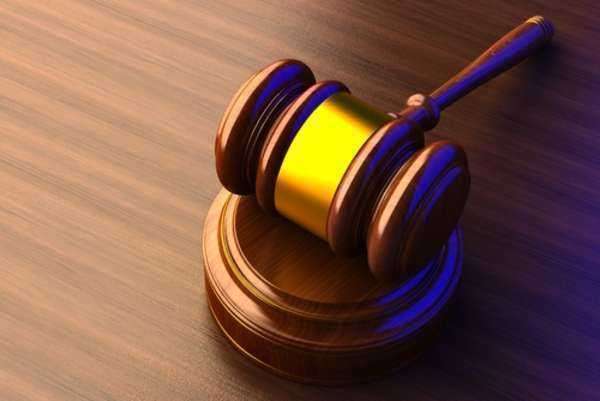The Significance of Our Founding Fathers
The Founding Fathers of the United States were a group of individuals who played a pivotal role in the creation of the American nation. They were instrumental in the American Revolution, the drafting and ratification of the U.S. Constitution, and the establishment of the new government.
Their contributions to the development of the United States were immense. They were visionaries who believed in the ideals of liberty, democracy, and the rule of law. They fought for these ideals and made tremendous sacrifices to ensure that they were enshrined in the new nation's founding documents.
Their legacy is still felt today, as the United States continues to be a beacon of freedom and democracy for people all over the world. Their ideas and principles have inspired countless generations of Americans, who have worked tirelessly to build a more perfect union.

In addition to their political contributions, the Founding Fathers were also important cultural figures. They were writers, artists, and thinkers who helped to shape American culture and identity. They left behind a rich legacy of literature, art, and philosophy that continues to influence American culture to this day.
It is important to remember the significance of the Founding Fathers and the important role they played in the creation of the American nation. Their ideas and ideals continue to inspire us today and remind us of the values that we hold dear as Americans.
Significance of Founding Fathers for Constitutional Law In the context of American Constitutional law, the Founding Fathers can be noted as comprising of delegates to the Constitutional Convention, the meeting held in Philadelphia in 1787 with the effect of drawing up the U.S. Constitution.
In the larger context of U.S. history, the Founding Fathers might be noted as the specific individuals who took part in this and in other essential points for the creation of the nation, including both its liberation from the control of the British Empire and the further consolidation of the 13 colonies into a nation unified under the Federal Government.
Other Historical Settings for Founding Fathers
Along with the list of the 55 delegates to the Constitutional Convention, the other main listing of Founding Fathers maintained as to specific and historically significant individuals can be noted as comprising of the 56 signers of the U.S. Constitution.
Larger Context for Founding Fathers in U.S. History The “Founding Fathers” terminology might further be applied to the large group of men who contributed to the early history of the United States, without necessarily holding high office at the time or finding individual fame in the long term. Moreover, a category similar to that of the Founding Fathers might also be proposed using gender-neutral language in order to account for the role played by women in the nation’s early history.
Historians believe that U.S. President Warren G. Harding first introduced the “Founding Father” terminology, prior to his assuming the Presidency, as the keynote speaker to the 1916 Republican National Convention.